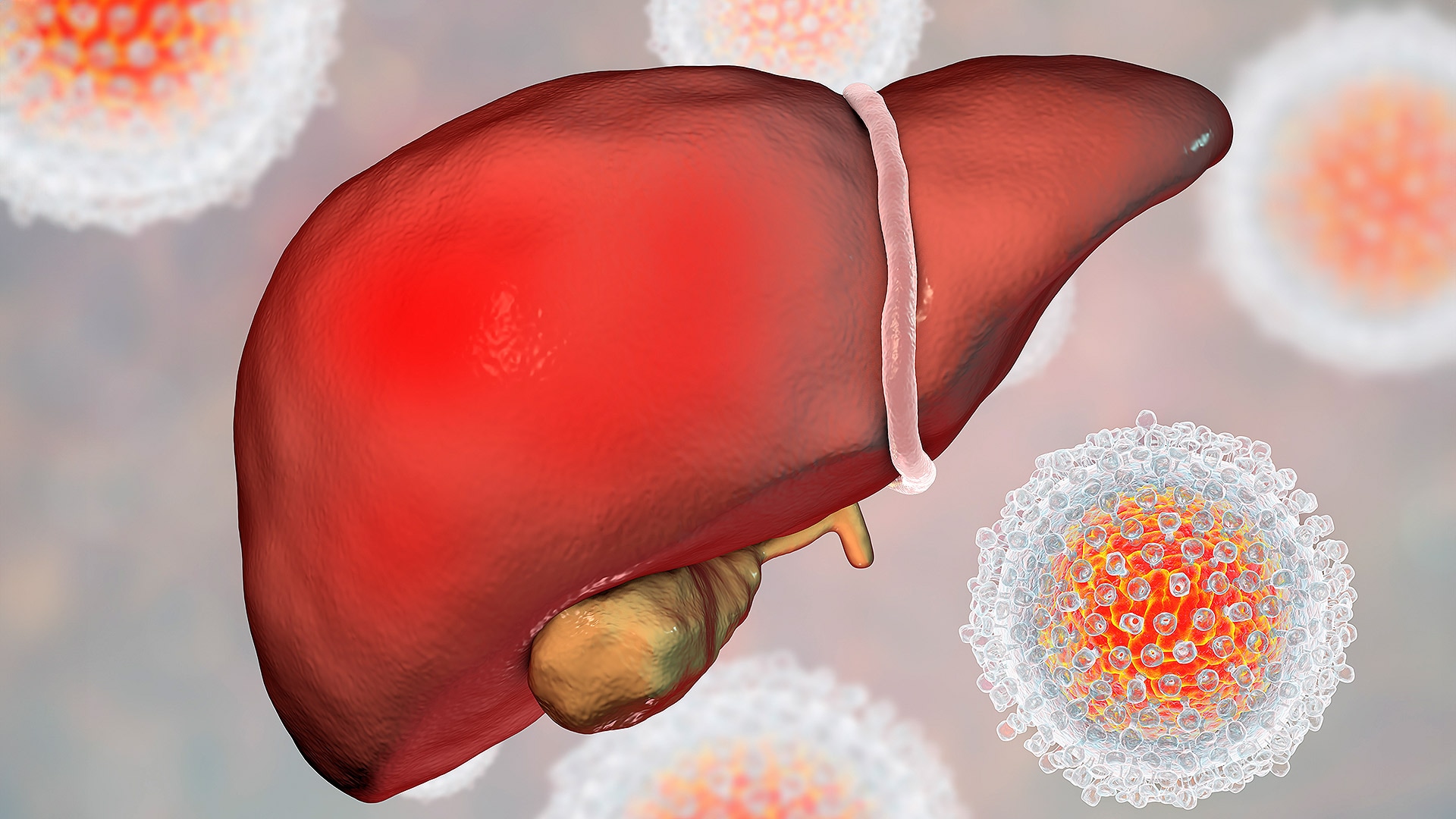According to a new research funded by Cardiac Risk in the Young and the British Heart Foundation (BHF), a battery of investigative tests performed on the families of individuals succumbed to sudden arrhythmic death syndrome (SADS) could provide a life-saving diagnosis. Close family members of SADS victims may have a higher risk for an underlying hidden heart condition and early diagnosis could protect them from another tragedy. The series of investigations include an ECG, echocardiogram, exercise test and the ajmaline provocation test to help determine abnormal electrical activity in the heart.
Researchers at the St George’s University of London assessed more than 300 families of SADS victims during a period of 10 years. Among 911 relatives evaluated, 22% had a diagnosis of an inherited cardiac condition, with the most common being Brugada syndrome which affected 16% of all relatives. Brugada syndrome is an inherited heart rhythm disorder known to restrict the flow of sodium ions into the cardiac cells. The condition is rare and can be treated using drugs or implantable cardioverter defibrillators.
According to Professor Sir Nilesh Samani, Medical Director at BHF, "Cardiac screening the loved ones of SADS victims is a postcode lottery. Not every family will undergo the tests needed to find a hidden heart condition and ultimately this could mean the difference between life or death."



